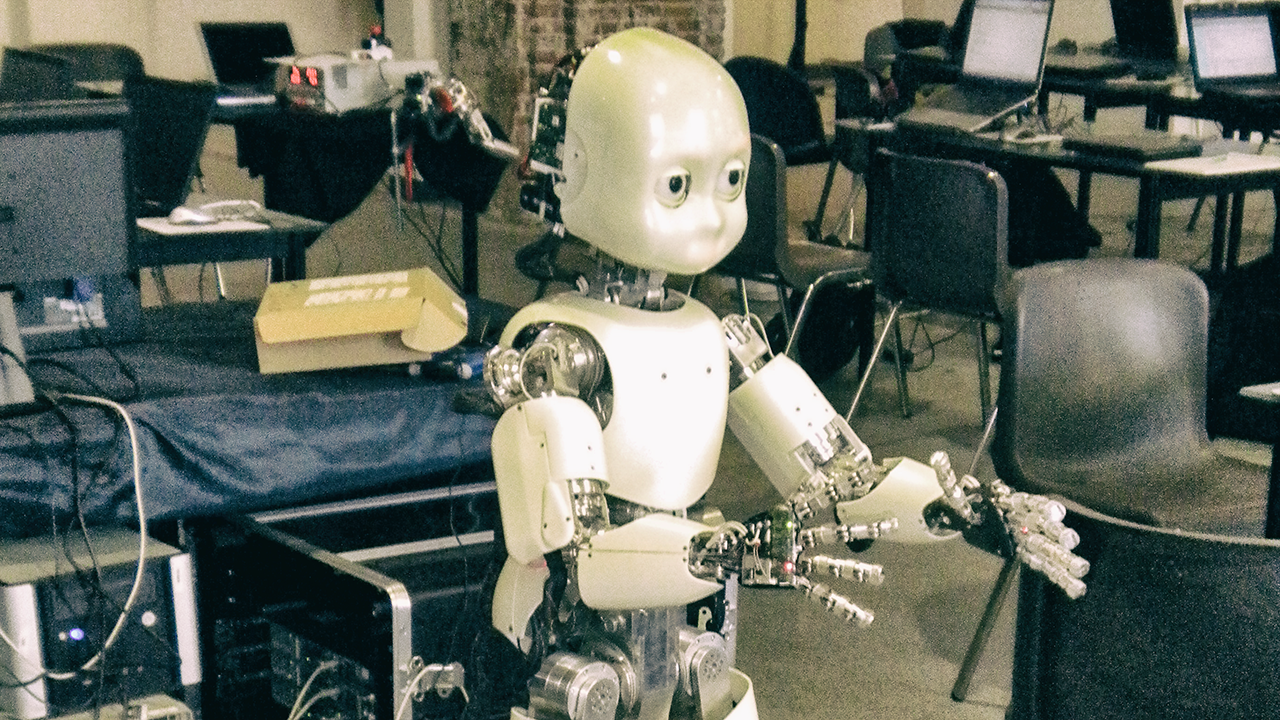Should we let robots have children?
And if so, what does it mean to be human?

In a world rapidly getting to grips with robotics and AI research, what rights should our creations have? Ingvil Hellstrand, a gender researcher at Stavanger University in Norway, is studying science fiction to try to come up with a plausible answer.
In her doctoral thesis, Hellstrand examines how the sci-fi genre is evolving in its depiction of technology. Where once it was a threat, humans and machines now have more intimate relations. Today, humanoid androids are often merely trying to become "one of us".
Drawing on examples like the android Data in Star Trek: The Next Generation, she suggests that being a parent is an important part of the human experience. "Data argues for parenthood as a practice and not merely as a purely genetic identity," she says.
A More Courageous Debate
She also points at the Cylons of Battlestar Galactica, who have sexual relations with humans. "They cannot be differentiated from a "real" human, and are accepted as human until they suddenly reveal that, actually, they are not," she says.
As such, Hellstrand argues, we should be open to several possible definitions of what it means to be human. "We need a more courageous debate about what it means to be human," she says. "Science fiction can help us with this. In science fiction radical things can be started, concretised and pushed to extremes."
Image credit: Rcbutcher // CC BY-SA 3.0
Get the best Black Friday deals direct to your inbox, plus news, reviews, and more.
Sign up to be the first to know about unmissable Black Friday deals on top tech, plus get all your favorite TechRadar content.
Most Popular

